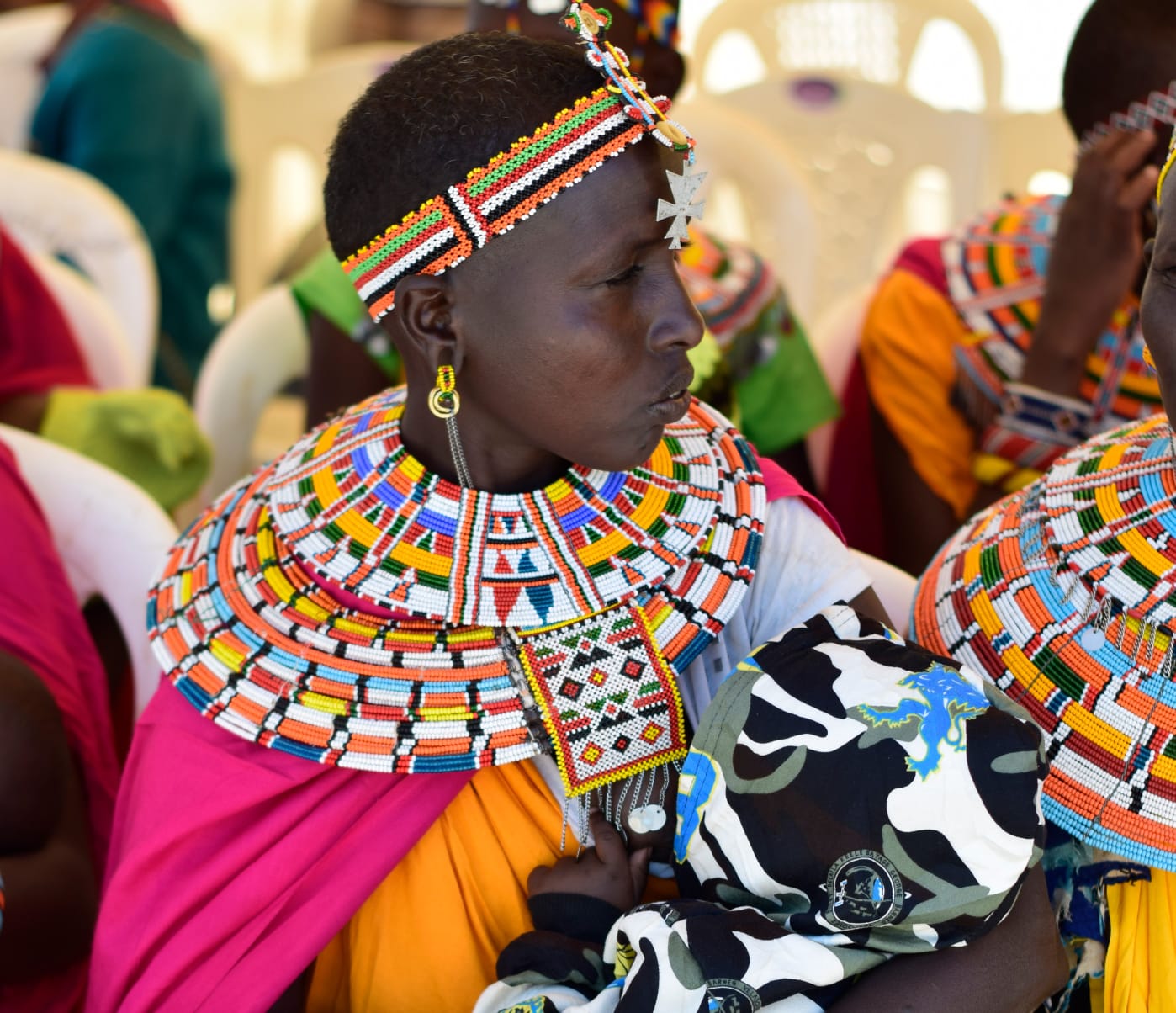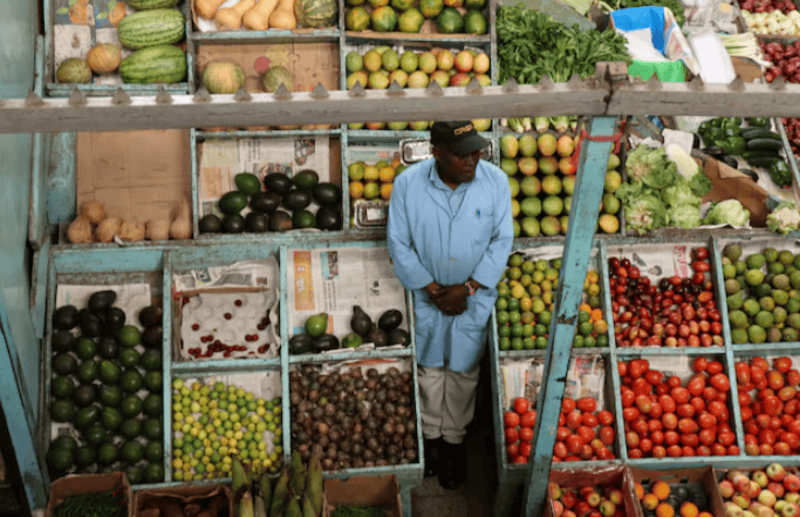Marsabit women blame hunger for poor breastfeeding habits

Breast milk prevents 54 per cent of diarrhoea cases and 32 per cent of respiratory infections in infants.
A group of women from Marsabit County have cited hunger as one of the reasons they are unable to breastfeed their babies within the first hour of birth and exclusively for six months.
The majority of those who shared their experiences attributed food insecurity to the perennial drought, which threatens pastoralism, the region's economic mainstay.
Josephine Sabdio, a mother of two from the Kargi, said whenever drought strikes, their husbands travel with the animals in search of water and pastures, leaving them behind to take care of the children. The men, she said, sometimes return home several months after they have delivered.
More To Read
- Breastfeeding in crisis: The hidden impact of early formula use in Kenya
- How misconceptions are undermining breastfeeding efforts in Kenya
- Mastitis pain drives Kenyan mothers to quit breastfeeding too soon, experts warn
- Mombasa school empowers mums with financial skills on Mother's Day
- Dental problems and cavities during breastfeeding: How moms are affected
- Mothers on the brink: Challenges of feeding babies born with cleft lips
"You are expected, in the absence of your husband, to ensure everything is working, which means you must prioritise things based on their importance," she said.
With domestic chores to undertake, including fetching water and firewood and cooking for the children, breastfeeding is never a priority for some mothers.
"In most instances, we survive on relief food which we are forced to ration. We are unable to produce enough milk for the babies due to limited access to food," Sabdio said.
According to Adho Godana, the drought also caused undernutrition among pregnant women, putting their lives and those of unborn babies at risk.
"If before delivery you have been sleeping on an empty stomach, where will you get the energy to breastfeed from?" she asked.
She said hunger pushes them into introducing their babies to spicy foods earlier than recommended.
She said exclusive breastfeeding, which promotes a child's survival, health, and overall well-being, was impractical for them.
Another mother, Hadija Buke, whose first-born son is one year old, recounted how she collapsed after a delivery that was facilitated by a traditional birth attendant.
"I had not eaten anything the previous day and felt so weak and dizzy moments before I delivered," she said.
Patriarchy prevents women from participating in decision-making, which limits their decisions like when and what to feed a baby. The situation is worse for those in remote areas who have little access to antenatal care and skilled birth attendance, as they cannot trek to health facilities that are far from their homes.
According to Marsabit County Nutrition Officer David Buke Halakhe, poverty and insufficient information are among the obstacles to optimal breastfeeding in the region. He said efforts by the county health department and other development partners have seen the rate improve to 74.2 per cent, which means only 25.8 per cent of the mothers were not giving their babies breast milk.
"We are keen on upscaling sensitisation, especially for young mothers, the majority of whom lack information or shun breastfeeding their children due to stigma, so that we can achieve timely initiation," David said.
The World Health Organisation recommends that newborns start breastfeeding immediately or within the first hour after birth, with exclusive breastfeeding for at least six months.
The colostrum promotes sensory and cognitive development and protects the infant against infections and chronic diseases. Breast milk prevents 54 per cent of diarrhoea cases and 32 per cent of respiratory infections in infants, according to reports.
In Kenya, six out of 10 mothers breastfeed their children within the first hour of birth, with Vihiga and Elgeyo Marakwet counties leading the pack with 87 and 83 per cent, respectively, according to recent data from the Ministry of Health.
Top Stories Today













































